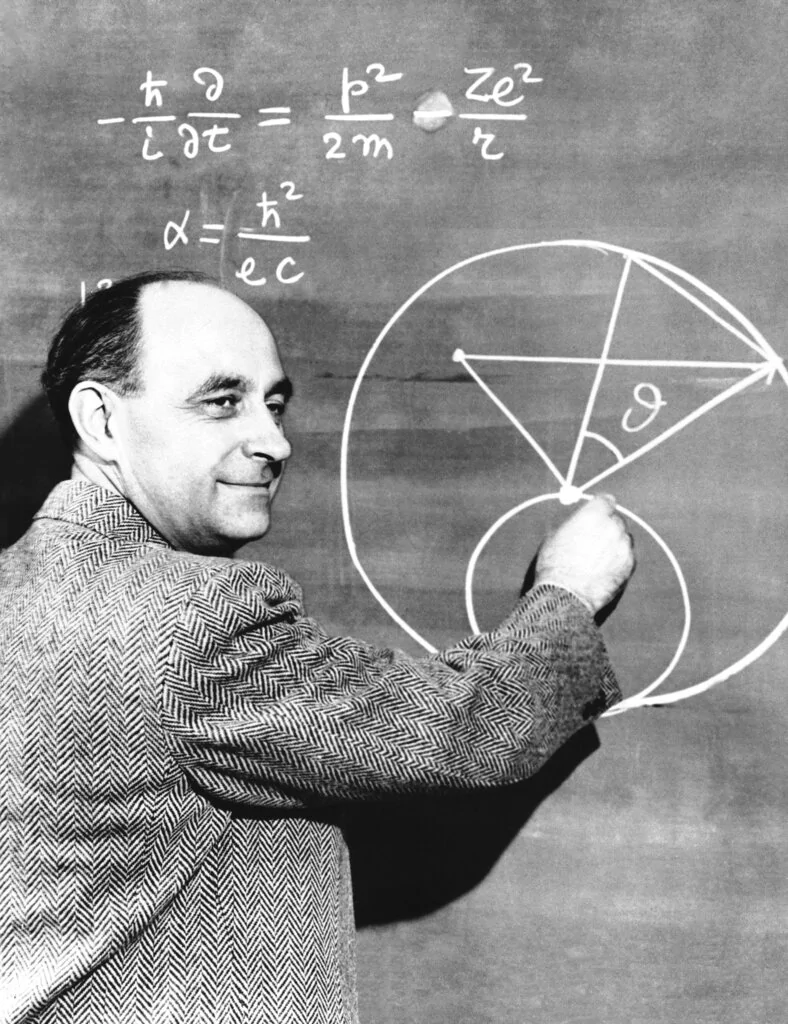You know the names of history’s past: Christopher Columbus, Amerigo Vespucci, Lorenzo de Medici, Leonardo da Vinci, Michelangelo. You may not know names from more recent times: Mother Cabrini, Enrico Fermi, Lee Iacocca, Antonin Scalia. Whether it was the Middle Ages, the Renaissance, or the 20th century, Italians and Italian Americans have made monumental benevolent impacts in all areas of human civilization. It is because of this that October is recognized as Italian American Heritage and Culture Month.
Despite these magnificent contributions to humanity, in contemporary times, Italians and Italian Americans seem to have lost the prestige for which they were known. Instead, it’s an ethnic group that has become synonymous with a romanticized version of organized crime, obnoxious behavior on the Jersey Shore, overly loud talking and endearing accents, pinched fingers when asking “What do you want?” or delicious culinary marvels. (OK, so the last one is not so bad.)
But cuisines aside, it’s indicative of why Italian American Heritage and Culture Month is so important. Look no further than last year’s Italian American cultural moment, New York Giants quarterback Tommy DeVito. A bona fide underdog story, DeVito’s rise to fame came with negative cultural stereotypes that are regularly celebrated in contemporary culture. Many in the media made references to mobsters or the Mafia. The New York Giants started using the theme song for The Sopranos, a show about a charming yet criminal, hedonistic, indulgent, and homicidal mob boss.
I discussed the situation at the time with Robert Allegrini, president of the National Italian American Foundation. He, too, was not a fan of the stereotypes.

“All Italian Americans should be happy for the success of Tommy DeVito and proud that he emphasizes his Italian heritage,” Allegrini told me. “The accompanying references to the Godfather, Sopranos, and Jersey Shore are irritating cliches that Italian Americans have come to expect but have learned to rise above through confidence in the greatness of their culture which lies at the very heart of Western civilization.”
As Allegrini said, there is so much more to Italian Americans than a celebration of degradation or degeneracy. As fun as it is to yell “fuhgeddaboutit,” Italian Americans deserve better. Icons such as Mother Cabrini, whose work helped change the country’s perception and treatment of Italian immigrants, deserve more praise and recognition than Paulie Walnuts or Snookie.
CLICK HERE TO READ MORE FROM THE WASHINGTON EXAMINER
The brilliance of Enrico Fermi should be revered as much as Albert Einstein. Lee Iacocca forever changed the automotive industry. Antoni Scalia is arguably one of the greatest legal minds in the nation’s history. And many, many others have helped shape American history and society. Yet in this land, in our land, Soprano has more clout than Scalia.
On Oct. 2, the Boston City Council raised the Italian flag over its City Hall Plaza in tribute to the Italian American community. Italian American Heritage and Cultural Month was established by the country in 1989 by President George Bush. The American story could not have been written without Italians — it’s time to stop treating the group like a punchline and instead prioritize recognizing their invaluable contributions.
